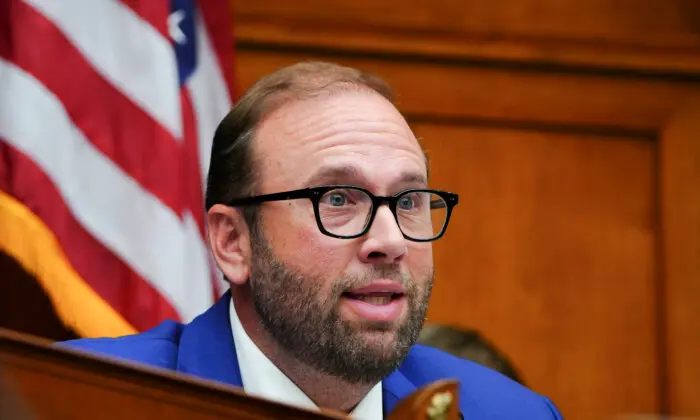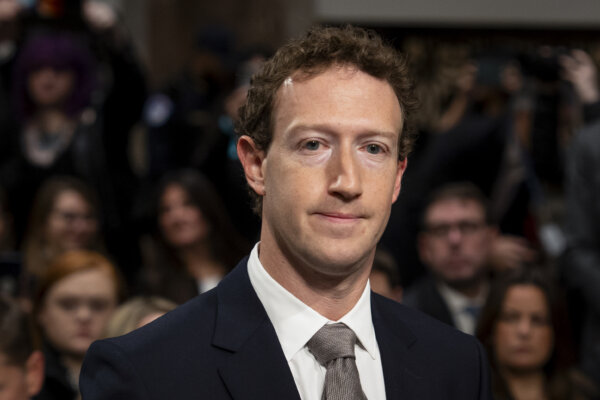The House Ways & Means Committee has advanced four bills aimed at reducing the influence of foreign and domestic money in U.S. politics to the full chamber. On May 15, the committee recommended bills concerning where nonprofit organizations get their money, how they spend money on politics, and how they report to the IRS. These proposals will now be considered by the House of Representatives, carrying the committee’s favorable recommendation.

Rep. Jason Smith (R-Mo.), the committee’s chairman, said in his opening statement that these bills would “help protect the integrity of our political and policy debates.” Rep. Richard Neal (D-Mass.), the committee’s ranking member, dismissed much of the Republican rhetoric as serving only former President Donald Trump’s interests.
The three-and-a-half-hour markup session was primarily dedicated to two bills: the Foreign Grant Reporting Act and the End Zuckerbucks Act. The first bill, introduced by Rep. Lloyd Smucker (R-Pa.), is designed to require the disclosure of grants made by tax-exempt organizations to recipients in foreign countries. The second bill, introduced by Rep. Claudia Tenney (R-N.Y.), would establish a national ban on private funding for public election administration.
Republicans argue that this legislation will prevent private groups from exerting political pressure on election officials, while Democrats contend that the bills ignore the issues of underfunded election administration and could lead to anti-Semitic rhetoric by targeting figures like Facebook CEO Mark Zuckerberg, who is Jewish.
The committee also advanced other provisions, including the American Donor Privacy and Foreign Funding Transparency Act, the No Foreign Election Interference Act, and the Taxpayer Data Protection Act. These bills aim to address various concerns about foreign influence in U.S. elections and require greater transparency from tax-exempt organizations.
The debate surrounding these bills highlights the ongoing tension between protecting election integrity and ensuring fair access to funding for public election administration. The proposals will now face scrutiny by the full House of Representatives as lawmakers consider their implications on American democracy and political discourse.

